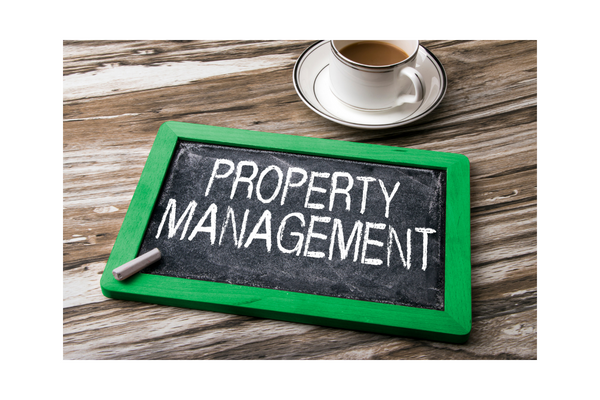Rental property improvements are usually done by landlords.
The main reason for the improvements is to either make the property more suitable for tenants or to ensure the house is well maintained.
The question most Landlords then ask is if they are allowed to deduct this cost as an expense.
Declaring and paying tax on properties can be very challenging as the owners do not know the right expenses to claim or the right relief to claim when computing their returns.
However, at Ronzl Accounting firm in the UK, we aim to support the owners of properties by ensuring we take the headache of submitting yearly returns from them.
We support them to pay the right amount of tax, submit their returns in a timely manner and also support in payment of their tax. We also provide tax advisory support to them all year long.

Tax Treatment of improvements in a rental property.
When this happens, the landlord needs to ensure the tax treatment is the right one.
The tax treatment to apply will be based on the nature of the improvements.
These improvements could either be of a capital nature or revenue nature.

Capital improvements on the rental property:
A capital improvement is any addition or change that is made to some part of the property,
This improvement would improve the value of the property.
It will extend the useful life or make the property to be used for other purposes because of the improvement done.
Examples of capital improvements on the rental property:
- Expenses relating to conversions in the building.
- The cost is related to making massive changes to the building may be as a result of the property in a bad state.
When improvements are done to replace a part of a building such as a kitchen or a bathroom. While making these improvements modern materials are used that would give the building more durability or superior qualities.
When this happens it most likely would be an improvement with capital nature.
A common example is installing a modern kitchen or bathroom.
This would obviously increase the value of the property.

Revenue Improvements on rental property.
These improvements are when changes are made to old items. An example is a kitchen when improvements are done to the current kitchen unit.
It most likely would be revenue nature.
If the improvements are of a capital nature, the expenses should be disallowed and added to the value of the property.
What happens when a transaction has both a capital nature and revenue?
If the landlord rental property is convinced that the project has both elements and can safely apportion the expenditure into two components, the revenue element can be deducted as an expense while the capital element is disallowed.
Tax Treatment for Improvements
Capital rental property improvements:
- The expense would be disallowed if it had a capital nature.
- If the expense qualifies as plant and machinery, the landlord can claim a capital allowance.
- If the expense does not qualify as a capital allowance, the expense would be added to the cost of the building and relief could be claimed when the building is sold.
Revenue rental property improvements:
This expense would be deducted from the accounts as property improvement.
This expense would be taken out in the tax year the expenses took place.
What happens if the landlord of the rental property has made errors in claiming the expense?
The landlord would have to re-adjust his account and submit an amended return. If this has occurred over a period of time, he might have to get professional help.
If you would like to read more about errors, kindly click

Other expenses that can be claimed by landlords of rental property
- General maintenance and repairs to the rental property.
- Water rates, council tax, gas, and electricity.
- Insurance such as landlords’ policies for buildings, contents and public liability.
- Costs of services, including the wages of gardeners and cleaners.
- Letting agent fees and management fees for the rental property.
- Legal fees for lets of a year or less, or for renewing a lease for less than 50 years.
- Accountant’s fees.
- Rents (if you’re sub-letting), ground rents and service charges.
- Direct costs such as phone calls, stationery and advertising for new tenants.
- Vehicle running costs (only the proportion used for your rental business).
Conclusion rental property
If you would like to read more on rental property kindly click
If you would like o book free 30 minutes consultation kindly click
